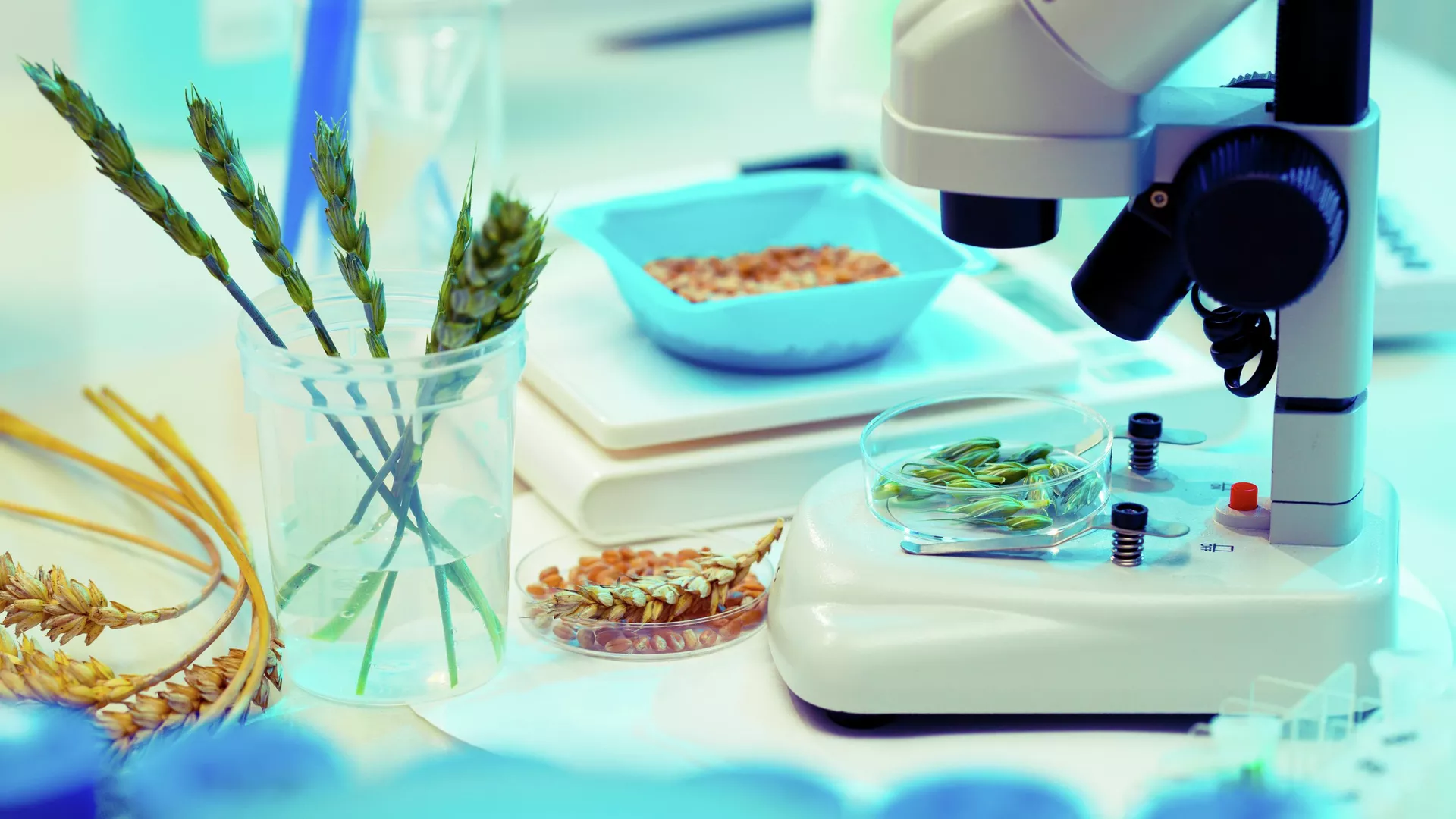
© Getty Images / WLADIMIR BULGAR/SCIENCE PHOTO LIBRARY
A cutting-edge center for plant breeding and microclonal propagation of agricultural and industrial crops (CMR) is slated for establishment at the Institute of Cytology and Genetics, Siberian Branch of the Russian Academy of Sciences (ICG SB RAS). Equipped with the most modern technology, this facility will enable researchers to develop novel crop varieties and enhance the resilience of existing ones, as reported by the ICG SB RAS press service.
The new center, planned for construction over four years in the Krasnoobsk settlement of the Novosibirsk region, will feature a comprehensive research and production infrastructure designed to address a wide array of scientific challenges. While numerous breeding centers have been established across Russia under the «Science and Universities» National Project, Novosibirsk has lacked such a facility until now, noted Alexey Kochetov, Director of ICG SB RAS and Academician of the Russian Academy of Sciences.
«Our institute`s geneticists assist breeders in developing new, in-demand plant varieties by utilizing genetic technologies to accelerate and expand breeding capabilities,» Kochetov explained. «Previously, breeders primarily conducted field work during the summer. Now, they will be able to perform cross-breeding and experiments year-round, significantly boosting the speed and efficiency of new variety development.»
According to Kochetov, the center will empower scientists to precisely control environmental factors such as temperature, humidity, and light during experiments, facilitating targeted breeding. This includes automated phenotyping, selection in complex genetic backgrounds, and the application of doubled haploid technologies, which will substantially accelerate the identification of promising new genetic lines.
The center will continue to advance the development of various agricultural crop varieties currently cultivated across 24 regions of Russia, including Siberia, the Far East, the Urals, and even the Republic of Kazakhstan. This initiative will involve collaborations with the Kurchatov Genomic Center of the National Research Center `Kurchatov Institute` and other relevant scientific and industrial partners.
Alexey Kochetov highlighted, «Several varieties developed at ICG SB RAS currently hold strong positions in the Rosselkhoztsentr rating, showcasing the most sought-after varieties nationwide. Our spring soft wheat, spring barley, and oats are among the leaders. There is a high priority in Russia now on developing new oilseed varieties, and we plan to actively work with soybeans and potentially rapeseed. Our innovations significantly contribute to addressing the national objective of ensuring food security across the Russian Federation.»
Kochetov emphasized the continuous need for breeders to update varieties of economically valuable plants. This constant renewal is crucial for enhancing their resistance to emerging strains and types of pathogens, as well as adapting agricultural crop varieties to the increasingly volatile climate.
«A key focus of Russia`s scientific and technological development strategy is climate change adaptation, coupled with the preservation and sustainable use of natural resources,» the scientist added. «The climate has become increasingly erratic, with more frequent frosts, high temperatures, droughts, and heavy rainfall. Our critical task is therefore to create stress-resistant varieties capable of enduring extreme natural phenomena. This new infrastructure will allow us to simulate such conditions and select resilient plant genotypes.»
Researchers at the center aim to significantly increase the number of new varieties and broaden their adaptation to various regions. Furthermore, the new facility will enable work with industrial crops, such as those providing cellulose, and facilitate the microclonal propagation of vegetatively reproduced agricultural crops. The existing work on most traditional agricultural crops conducted by ICG SB RAS will be continued and intensified.











